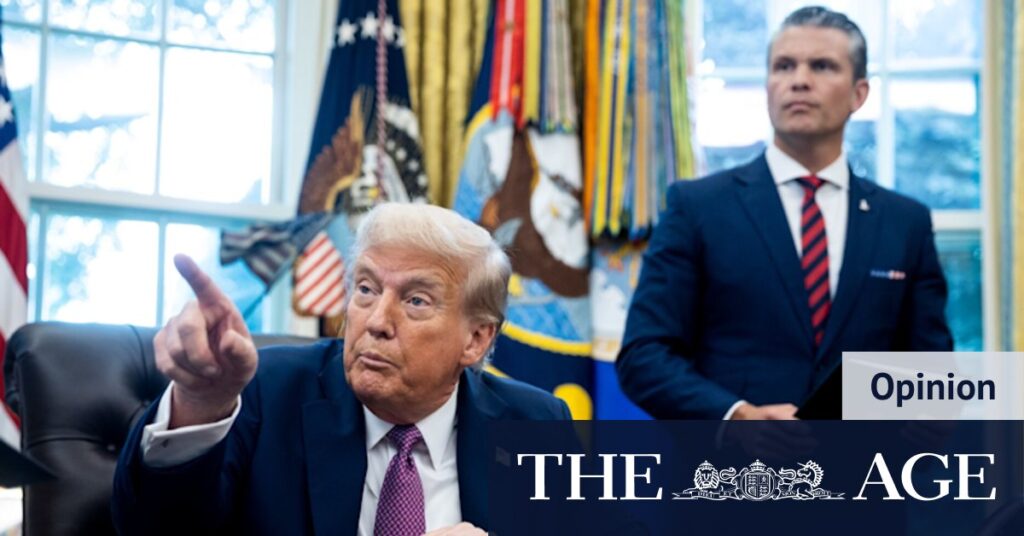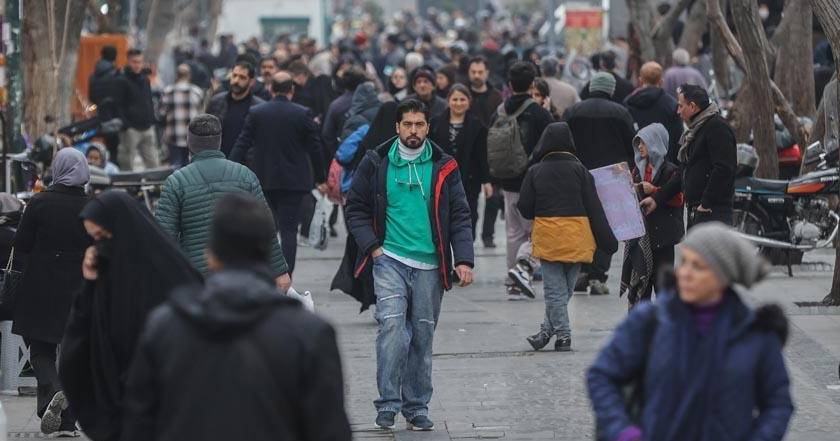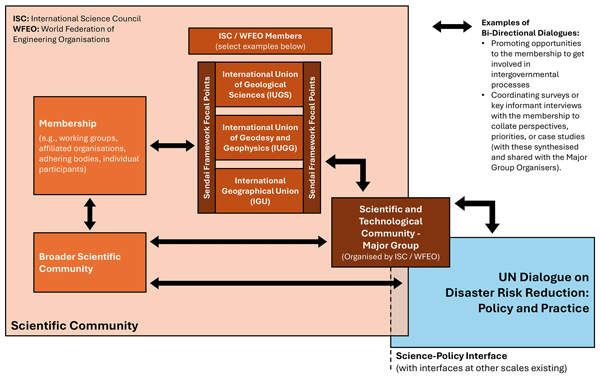
In a series of controversial moves, US President Donald Trump has embarked on a renaming spree that has captured the attention of both supporters and critics. This initiative began on his first day in office with an executive order to rename the Gulf of Mexico as the Gulf of America. Since then, Trump has suggested renaming a variety of entities, including army bases, public holidays, and even the Kennedy Center. The latest development in this campaign is the proposed renaming of the Department of Defense to the Department of War, a change that underscores Trump’s aggressive stance on military policy.
This month, Trump signed an executive order to rename the Department of Defense, although such a change requires Congressional approval. Currently, the change is largely symbolic, with Defense Secretary Pete Hegseth adopting the new title on his office door and social media profiles. Hegseth justified the renaming by stating, “We’re going to go on offense, not just on defense. Maximum lethality, not tepid legality. Violent effect, not politically correct.”
The Financial and Political Costs of Renaming
The potential cost of implementing this renaming across hundreds of facilities is estimated to be up to $1 billion. This includes updating signage and seals both domestically and internationally. However, the financial implications are only part of the challenge. Securing Congressional approval for funding may prove difficult, as the notion of a “Department of War” contradicts Trump’s campaign promises to withdraw the US from foreign conflicts.
Defense spending is a politically sensitive issue, with the 2026 budget already exceeding $1 trillion. The rebranding to a Department of War could face significant opposition, as it may be perceived as a shift towards militaristic policies that could alienate voters.
Rhetoric and Reality: The Implications of a Name Change
While some may view the renaming as a mere political stunt, the implications are far-reaching. Trump’s rhetoric has linked the newly named department to his “war on woke,” with inflammatory social media posts depicting military action in Democrat-led cities like Chicago. This has been accompanied by the deployment of National Guard troops to Los Angeles and Washington, with Memphis and Chicago potentially next.
The assassination of Charlie Kirk has further fueled tensions, with right-wing figures like Steve Bannon framing it as a casualty in an ongoing civil war. Trump’s response to questions about national unity has been to blame “radicals on the left,” a stance that does little to ease civil unrest.
International Concerns and Military Escalations
Internationally, the US military’s presence in the Caribbean has increased significantly since August, with thousands of additional troops and advanced military hardware deployed. The purpose of this buildup remains unclear, but it raises concerns about potential military actions against Venezuela or other targets.
Recent US military strikes on speedboats in the southern Caribbean, resulting in multiple fatalities, have been justified by the Trump administration as anti-drug operations. However, the lack of evidence and the cancellation of a planned bipartisan briefing have led to accusations of illegal military escalation.
“Due process is a democratic principle that Australia has committed to uphold. The US, our ally, has literally blown that principle out of the water.”
The abrupt shift from a defensive to an offensive military posture poses challenges for allies like Australia, bound by the ANZUS treaty. The aggressive rhetoric and actions of the US under Trump’s leadership may strain international relations and raise questions about the legality and morality of such policies.
Conclusion: The World Watches and Waits
As President Trump signed the executive order in the Oval Office, he declared, “I think it’s a much more appropriate name, in light of where the world is right now. It sends a message of victory.” However, the question remains: victory against whom? The world awaits Trump’s next move, as the implications of his renaming campaign continue to unfold on both domestic and international stages.
Melanie La’Brooy, an award-winning novelist and political commentator, provides insight into these developments, highlighting the potential consequences for global stability and democratic principles.





